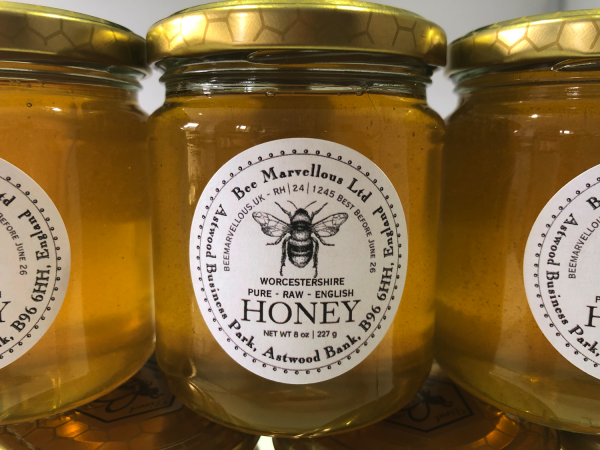
High blood pressure, or hypertension, is a common condition that can lead to serious health complications if left unmanaged. Lifestyle and dietary changes are often recommended as part of a comprehensive approach to control blood pressure. One natural remedy that has gained attention is honey. But is honey truly beneficial for managing high blood pressure? Let’s delve into the science and traditional beliefs to find out.
Understanding Honey’s Composition
Honey is a natural sweetener produced by bees from the nectar of flowers. It contains a variety of compounds, including:
- Sugars: Mainly fructose and glucose
- Vitamins: B2, B3, B5, B6, and C
- Minerals: Calcium, iron, magnesium, phosphorus, potassium, sodium, and zinc
- Antioxidants: Flavonoids and phenolic acids
- Enzymes and Amino Acids
These components contribute to honey’s potential health benefits, making it a popular ingredient in traditional medicine.
Potential Benefits of Honey for Blood Pressure
- Antioxidant Properties: Honey is rich in antioxidants, which help combat oxidative stress. Oxidative stress can damage blood vessels and lead to hypertension. By reducing oxidative stress, honey may contribute to better vascular health and lower blood pressure.
- Anti-inflammatory Effects: Chronic inflammation is linked to high blood pressure. Honey’s anti-inflammatory properties can help reduce inflammation in the body, potentially lowering blood pressure.
- Improvement in Lipid Profile: Some studies suggest that honey can improve lipid profiles by reducing LDL (bad cholesterol) and increasing HDL (good cholesterol). Better lipid profiles are associated with a reduced risk of hypertension and cardiovascular disease.
- Natural Sugar Alternative: Replacing refined sugars with honey may prevent spikes in blood sugar levels, which are linked to hypertension. Honey has a lower glycemic index than refined sugar, meaning it raises blood sugar levels more slowly.
Scientific Evidence
While traditional beliefs and preliminary studies suggest benefits, scientific evidence on honey’s impact on high blood pressure remains limited. Here are a few studies that have explored this relationship:
- Animal Studies: Research on rats has shown that honey can lower blood pressure, likely due to its antioxidant and anti-inflammatory properties.
- Human Studies: Human studies are scarce, but one small study indicated that honey could reduce blood pressure in people with high cholesterol. More extensive clinical trials are necessary to confirm these findings.
Considerations and Recommendations
While honey has potential benefits, it should not replace conventional hypertension treatments prescribed by healthcare professionals. Here are some considerations:
- Moderation is Key: Honey is still a source of sugar and calories. Excessive consumption can lead to weight gain and increased blood sugar levels, counteracting its benefits.
- Quality Matters: Raw, unprocessed honey retains more nutrients and beneficial compounds than processed honey.
- Complementary Approach: Use honey as part of a balanced diet rich in fruits, vegetables, whole grains, and lean proteins. Regular physical activity, stress management, and adherence to prescribed medications are also crucial for managing high blood pressure.
Conclusion
Honey may offer some benefits for individuals with high blood pressure due to its antioxidant, anti-inflammatory, and potential lipid-lowering effects. However, the scientific evidence is not yet robust enough to make definitive claims. It’s essential to use honey in moderation and as part of an overall healthy lifestyle.
By integrating honey wisely, alongside other dietary and lifestyle modifications, you might harness its benefits while effectively managing high blood pressure.
Honey – Natural, Local, Fresh, Raw and Pure English Honey For Sale Online From Bee Marvellous Ltd Based in Worcestershire UK
Discover our exquisite local honey, available for purchase online and local delivery in Redditch and Bromsgrove. Crafted in the heart of Worcestershire’s rolling hills, our English honey embodies the essence of the UK countryside. Sourced from bees foraging in the finest pastures, fields, and woodlands, our honey bursts with natural floral notes drawn from a […]
